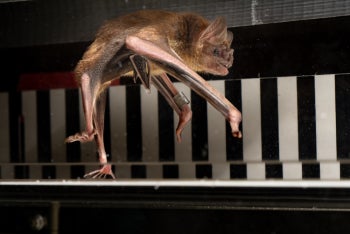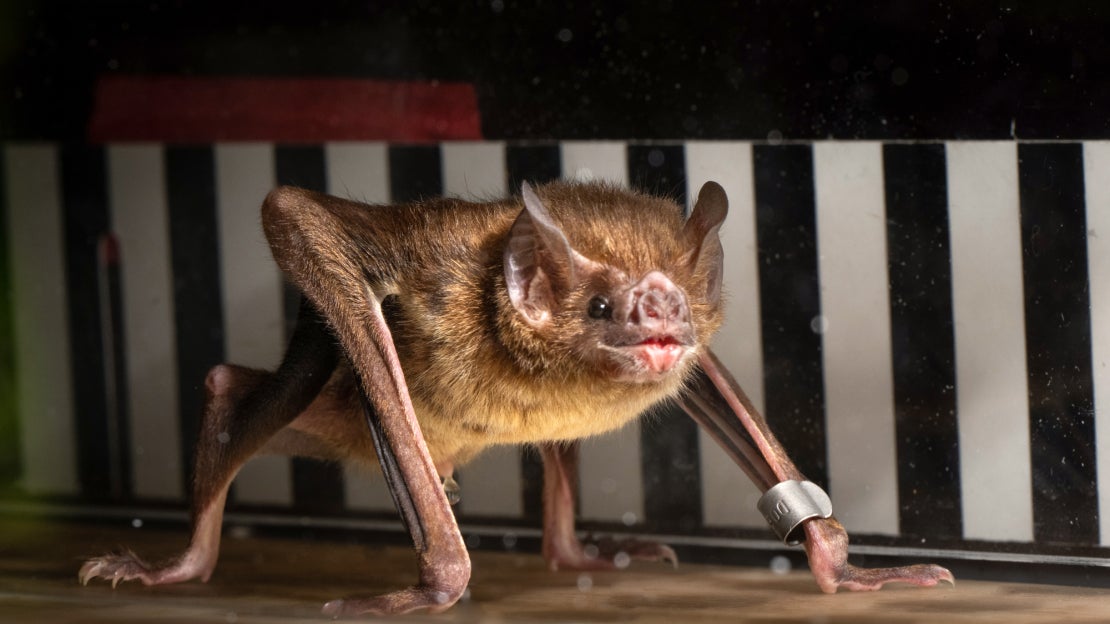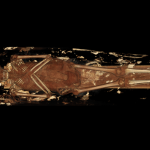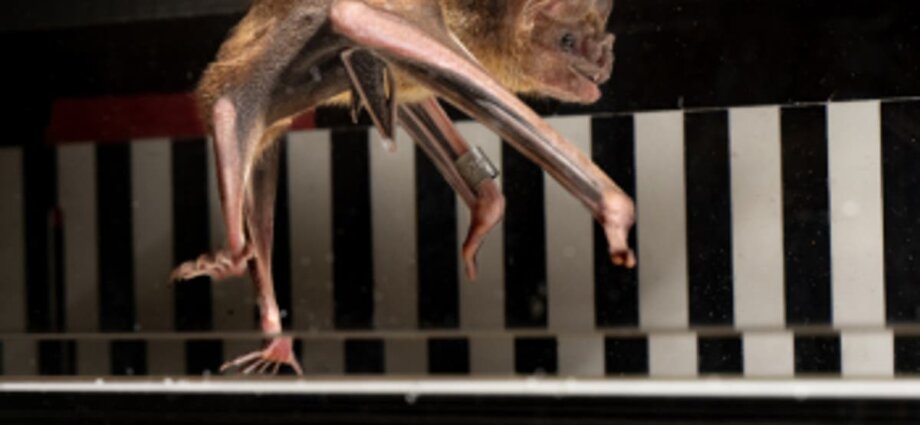Vampire bats made to run on treadmills in a lab reveal secrets of the special metabolism fueling them from blood consumed only minutes before.
The research, published in the journal Biology Letters, found that the bats, native to Mexico and Central and South America, burn amino acid molecules found in their protein-rich blood meals – a feat seen only in a few species of blood-feeding insects.
This is peculiar since in most animals, including humans, physical activity is fueled by burning carbohydrates and fat, while amino acids contribute only about five to 10 per cent of the energy.
“In most animals, amino acids are a fuel of last resort. It’s what the body burns when there’s not much left, but these bats burn it right away,” study co-author Ken Welch from the University of Toronto Scarborough in Canada explained.
Most mammals power exercise from glucose in their food, and to a lesser extent rely on glycogen molecules stored in muscles as well as fat for moderate or intense activity.
On the contrary, vampire bats (Desmodus rotundus), which mostly prey on mammals like capybaras, cows, pigs and horses, make energy from blood, which is rich in proteins, but not much else nutritionally, researchers say.

The bats latch on to prey, and make a tiny, painless incision with their teeth, to lick the blood up with their tongues, sometimes ingesting up to four times their body mass in a single meal.
They have special infrared perception in their noses, which allows them to locate blood vessels near the surface of their prey’s skin, and can also run very fast using their thumbs, wrists and legs at more than three feet per second.
“Running is a great way to stalk up quietly on their prey without getting noticed,” study lead-author Giulia Rossi said.
Previous studies found that vampire bats lack genes needed for insulin secretion, a necessity for metabolising a sugary diet.
So instead they rely on quickly metabolising the amino acids found in their blood meal.
To test the hypothesis, scientists monitored vampire bats running on a special treadmill used for metabolic research on rats.
The study set-up allowed researchers to track the bats’ oxygen consumption and carbon dioxide production.

The bats in the study were fed cows’ blood, enriched with amino acids and labelled with special molecules that could be tracked when exhaled.
“Since vampire bats are very capable runners, unlike most bats, we were able to study their metabolism using a treadmill rather than a wind tunnel,” Dr Rossi said.
Researchers suspect the bats are burning amino acids even to power their flight.
“What’s even more impressive is they can sustain this really high rate of exertion for a long time by only burning the proteins they’ve stored in their muscles. It’s something we can only dream of doing,” Dr Welch said.
They also seem to have “very complex social arrangements” to help them avoid starvation, researchers say.
Since they are not adept at storing carbohydrates or fat in their body, when a member returns to the roost following an unsuccessful foraging attempt, another bat of the colony may transfer portions of its blood meal by mouth, scientists say.











